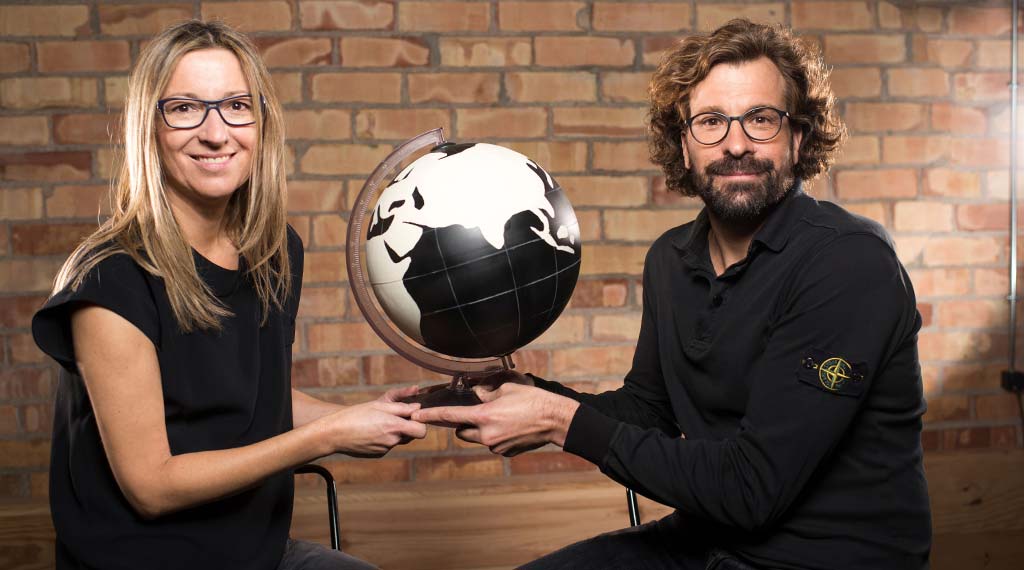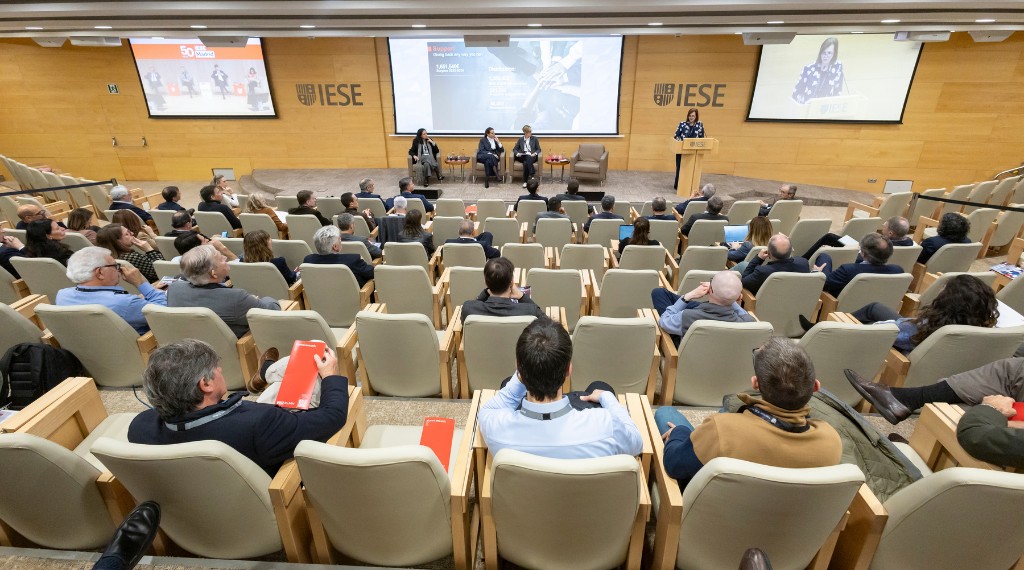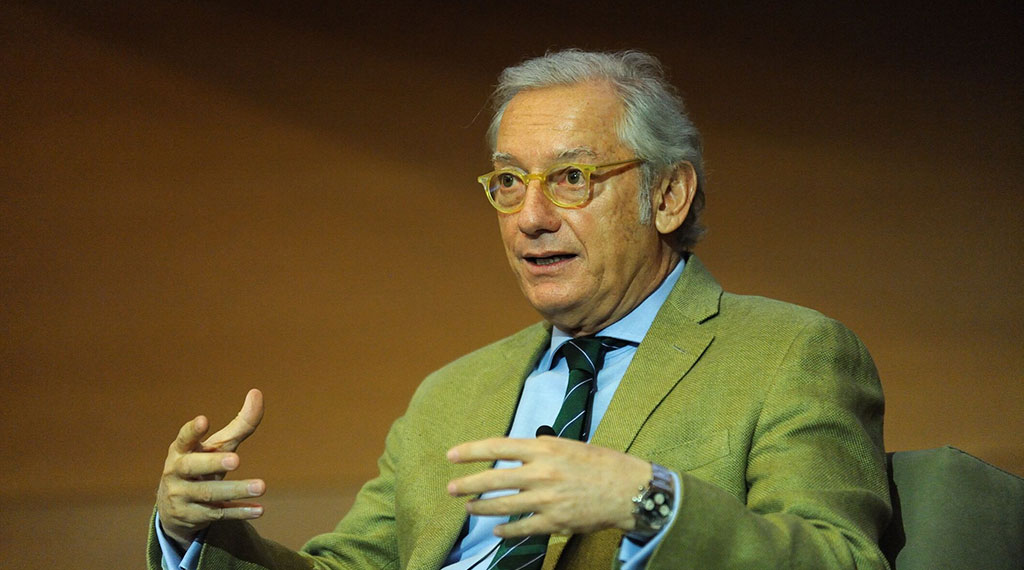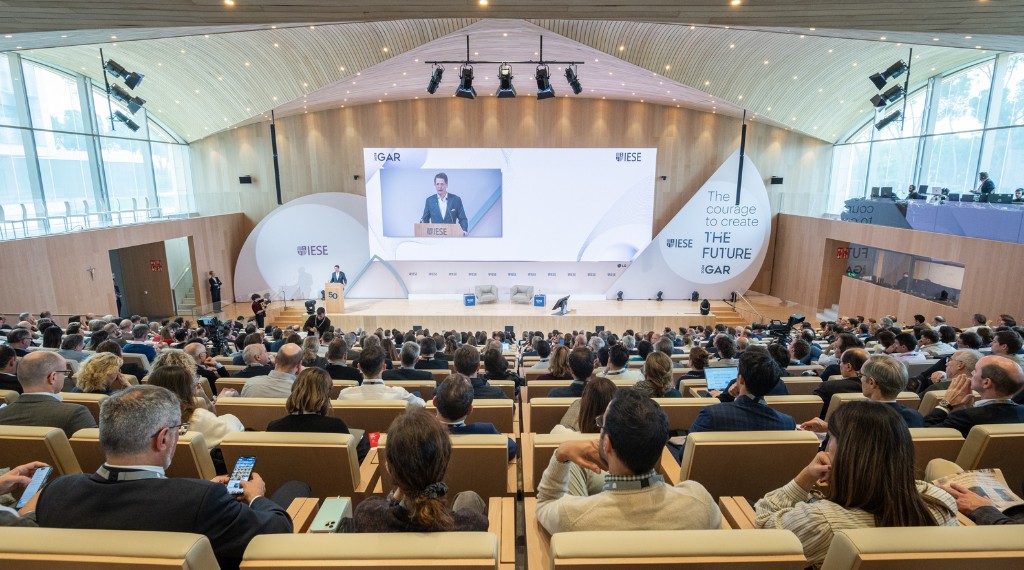Stories
How we took our business global
Quim Serracanta and Natàlia Perarnau explain the bumpy road of internationalizing their business: Kids&Us
March 13, 2019

Fifteen years ago, the married couple Quim Serracanta (PADE’16) and Natàlia Perarnau (PADE’16) founded Kids & Us to teach English to children using a special learning methodology they had developed. Inspired by the natural process that children’s brains go through in the first years of life for mother tongue acquisition, their method imitates that process for the acquisition of a second or third language.
As their methodology caught on in Barcelona-area schools, they began to license it wider. Eventually they decided to franchise the business, so they could maintain tighter control over the teaching methods, branding and business growth.
Licensing vs. franchising: why the latter?
Licensing to third parties may be easier and more convenient, but it can be harder to control the application and evaluate the results. Franchising gives you more control over business processes without having to overextend your resources by opening centers yourself. Instead, you can focus on continuing to develop your product or service. You can also bring it to market more quickly.
How do you ensure that fast growth doesn’t compromise quality?
Put simply, you have to establish a code of best practices and then make sure it’s being followed. In our case, we carry out regular inspections, similar to follow-up sales and marketing, to check quality via online teacher audits, mystery shopping, satisfaction surveys and ongoing training. We also offer variable compensation to reward franchises that follow the methodology rigorously. You also have to make sure that fast growth doesn’t undermine the product’s value. In this, master franchisees can be very useful.
What’s required?
To become a master franchisee, you must first run your own center, so you know the model inside-out. Next, you must have extensive knowledge of the network of centers in your country. Then you are in a position to act as an intermediary between the head office and other franchises, ensuring that the methodology is being applied correctly and consistently across the whole network. A master franchisee must also have the financial ability to set up the first franchises in a country, as well as the business expertise to manage them. They must build a strong team capable of managing all aspects of the business. This is something we learned the hard way in Portugal.
Is there room for improvisation?
We provide manuals on corporate image, sales, operations, services, finances and people development. We used to offer them as suggestions, but now they form part of the contract. That said, we encourage each franchisee to use their own initiative, but it’s important to weigh up the time and effort involved. Head office must respond to the needs of all the different centers and keep them from venturing too far into uncharted territory. The masters are free to set pricing, but we insist that, although cheaper prices may seem to sell better, they don’t always attract more customers. Even if they did, the profit margins are likely to be smaller, and that can cause difficulties down the road.
What other factors are key?
You can’t underestimate the huge personal sacrifice that international expansion sometimes demands. When we tried to crack China – the premier league for centers like ours – we simply couldn’t do it. The legal framework is extremely restrictive, making it harder to operate as a foreign company, particularly one dedicated to teaching children. When we finally found a master franchisee willing to partner with us and make a big investment, we were told we had to live in China for a minimum of two years, which we weren’t in a position to do.
Cultural perceptions matter, too. For example, in Italy we struggled because the notion of teaching English to children from an early age wasn’t so ingrained. Even in other countries with a similar culture and educational system to Spain’s, such as Mexico, the results weren’t as good as we thought they would be. In Belgium, on the other hand, parents had a similar mentality to learning English as we did in Spain, and we achieved spectacular results there. Above all, choose your master franchisees wisely, as they hold the key.


